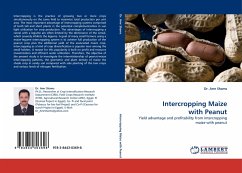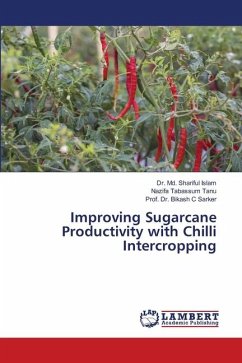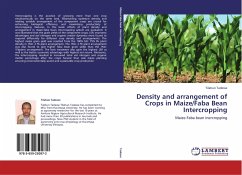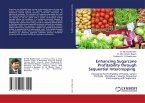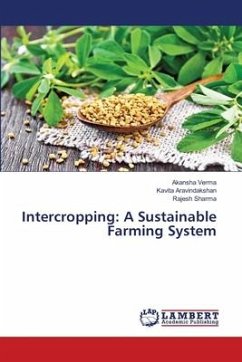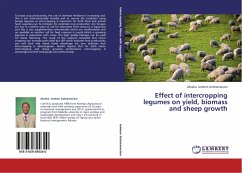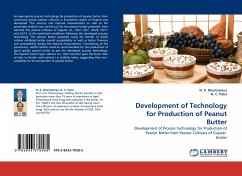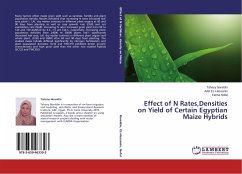Intercropping is the practice of growing two or more crops simultaneously on the same field to maximize total production per unit area. The most important advantage of intercropping systems comprised of both tall and short plants in the potential complementarities in sun light utilization for crop production. The advantages of intercropping a cereal with a legume are often limited by the dominance of the cereal, which severely inhibits the legume. A goal of many small farmers using a maize-legume intercropping system is to achieve full production of the peanut crop plus the additional yield of the associated maize crop. Intercropping as a kind of crop diversification is popular now among the small holders. A reason for this popularity is built on profit and resource maximization and efficient water utilization. Therefore, the objective of the present study is to investigate the interrelationship of peanut-maize intercropping patterns, the geometric and plant density of maize the shade crop in sandy soil compared with sole planting of the two crops and various levels of nitrogen fertilization.
Bitte wählen Sie Ihr Anliegen aus.
Rechnungen
Retourenschein anfordern
Bestellstatus
Storno

